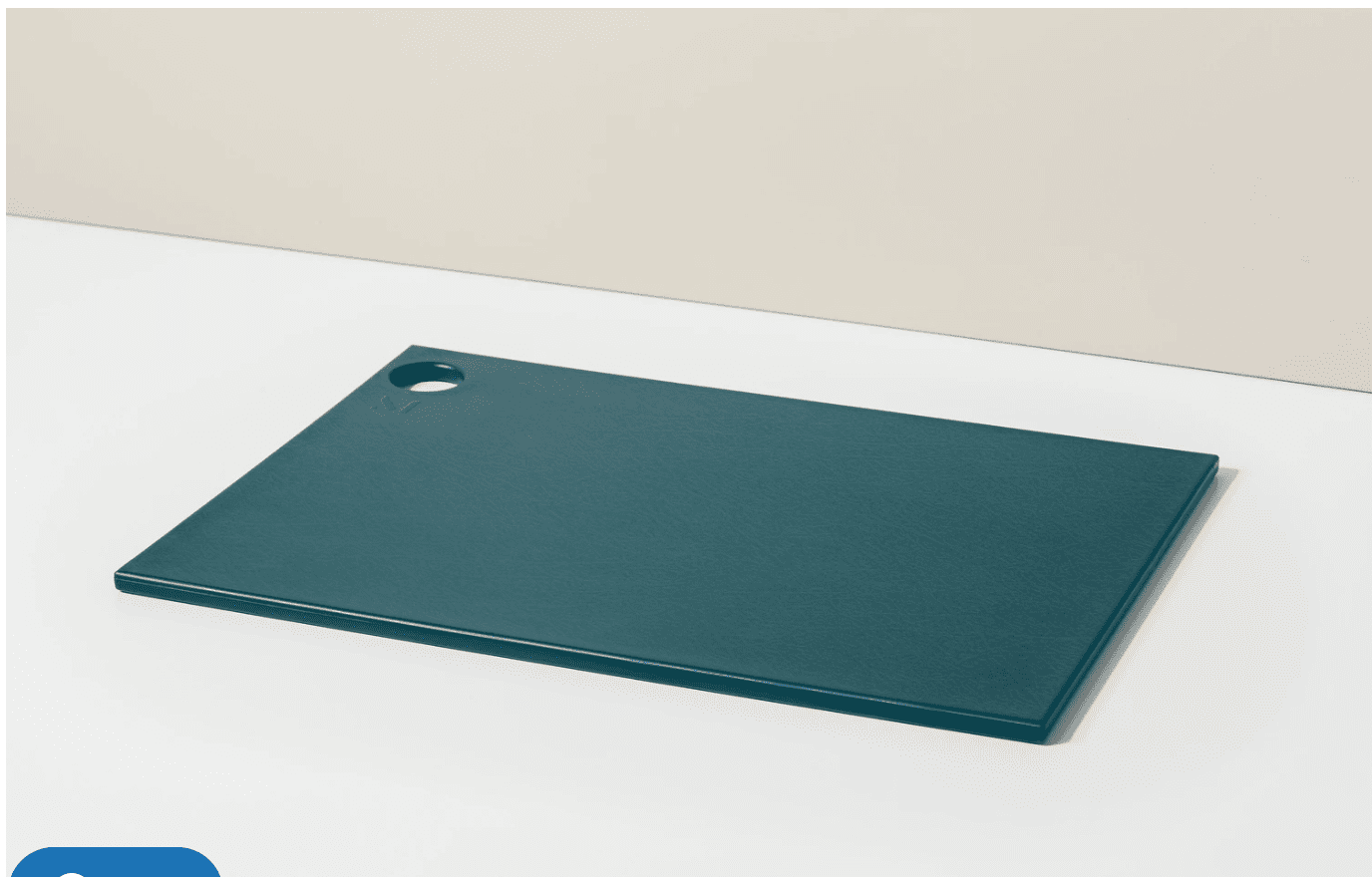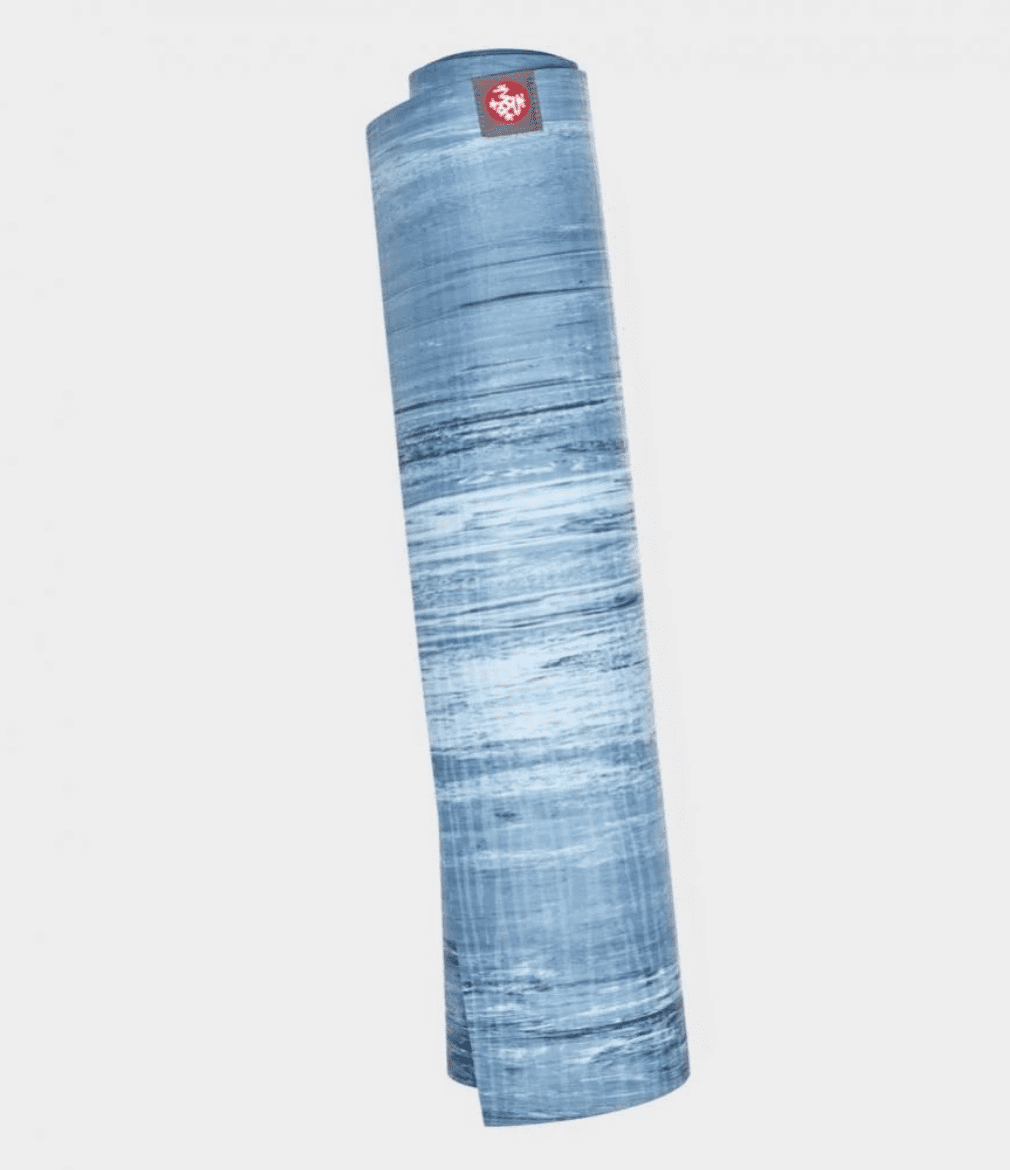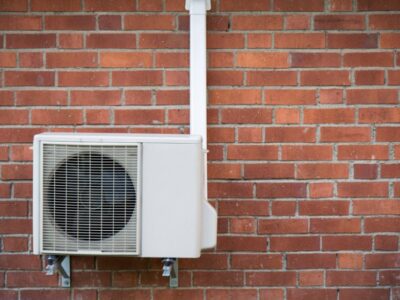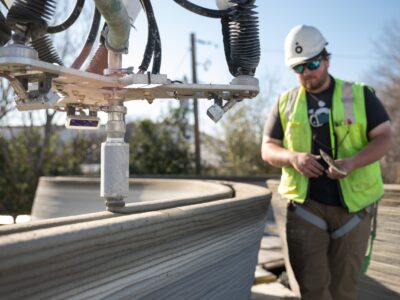(Bloomberg) —
Sure, buying nothing at all would be best from an emissions perspective, and shipping can vastly alter a product’s climate impact. To that, we say: Your mileage may vary.
Sunscreen
Sun is for energy, not skin damage.
GOOD: Green Goo Solar Goo $25
When it comes to the environmental impact of sunscreen, it’s hard to find ingredients more damaging than oxybenzone and octinoxate, two chemicals linked to the breakdown of coral reefs. Green Goo’s plant-based SPF is reef-friendly, made with certified organic ingredients sourced from farms that recycle water and promote biodiversity.

BETTER: Meow Meow Tweet Everyday sunscreen $22
Plant-based ingredients such as jojoba oil and sugar-derived lactic acid are combined with uncoated non-nano zinc oxide particles (as opposed to particles coated with chemicals to aid in mixing) for sun protection. The aluminum bottle is recyclable, the outer packaging is compostable, and, if you like, you can return the pump to the company for recycling, too.
BEST: Raw Elements Face + Body tin $19
Although oxybenzone and octinoxate are the most talked-about oceanic enemies, nanoparticles of zinc oxide commonly used in sunscreens can also damage aquatic environments. The larger particles of zinc oxide that Raw Elements uses are less harmful to the ocean, coral reefs, and sea creatures. The metal tin is recyclable (or reusable), and the product itself is biodegradable.
Cutting Boards
Chopping onions and slicing emissions.
GOOD: Material Kitchen ReBoard $35
There’s no virgin plastic used in the making of the ReBoard, which uses materials recycled from the kitchenware industry. Renewable sugar cane makes up 25% of the ReBoard, boosting its durability.

BETTER: Preserve cutting board $18
Preserve makes its cutting boards from recycled polypropylene, aka #5 plastic, the kind used in yogurt containers and disposable forks. If your board ever gets worn out or damaged, you can toss it right into your municipal recycling bin to give it yet another life.
BEST: Catskill Craftsmen end-grain slab $135
Catskill Craftsmen’s preferred materials, including birch and hard maple, are all native to the U.S. Its New York factory shuts down from time to time to ease strain on the regional power grid. Plus, the company converts its wood waste into pellets that it burns for heat in the colder months, a lower-emission alternative to heating oil.
Yoga Mats
These aren’t just posing as eco-friendly.

GOOD: Manduka Eko yoga mat from $92
To avoid contributing to dangerous deforestation, Manduka uses tree rubber harvested from non-Amazon trees to make its biodegradable yoga mats. The company also accepts used yoga mats of any brand to recycle into new products.
BETTER: Scoria Essential cork yoga mat from $89
Scoria’s classic yoga mats are made of naturally antimicrobial cork harvested from mature trees to minimize potential damage; the backing is made from tree rubber instead of a hydrocarbon-based synthetic. The mats are also shipped in recycled packaging.
BEST: Suga recycled wetsuit yoga mat from $79
If you like to complement your surf sessions with a few downward-facing dogs, Suga might be the company for you. Its yoga mats are made of recycled wetsuits and manufactured entirely in the U.S. to help reduce shipping emissions. You can even donate your used wetsuits to the company to make new mats or send in your old mat for recycling.
To contact the author of this story:
Laura Bolt in New York at lbolt86@gmail.com
© 2021 Bloomberg L.P.





